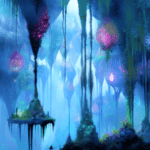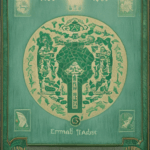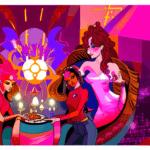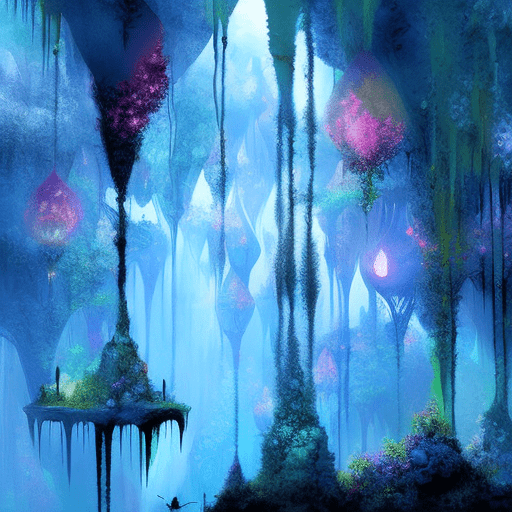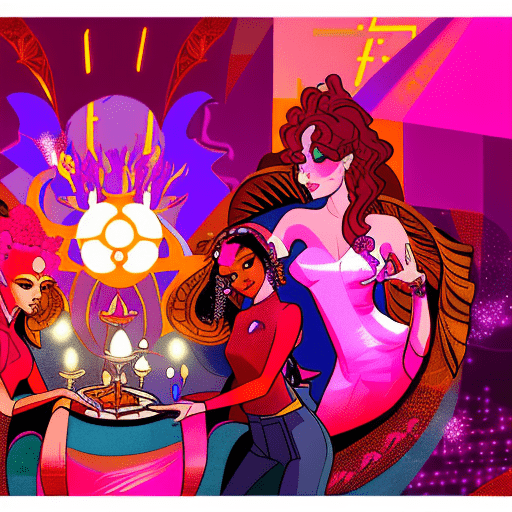One-line Summary:
“The Hanging Garden” is a captivating coming-of-age novel that explores themes of identity, love, and the complexities of family relationships against the backdrop of World War II.
Discovering Identity Amidst Chaos
Set during World War II, “The Hanging Garden” by Patrick White follows the journey of Eirene Sklavos, a young girl who is sent to live with her grandparents in Sydney, Australia, while her father serves in the war. As Eirene navigates the challenges of adolescence, she grapples with her Greek heritage, her budding sexuality, and the complexities of her family’s relationships.
Eirene’s Greek heritage plays a significant role in her struggle to discover her identity. Growing up in a predominantly Anglo-Saxon society, she feels torn between her Greek heritage and her desire to assimilate into Australian culture. Through her interactions with her grandparents, who hold tightly to their Greek traditions, Eirene begins to understand the importance of her roots and the value of embracing her heritage.
Amidst the chaos of war, Eirene also experiences the turbulence of first love. She becomes infatuated with Gilbert Horsfall, a young Australian soldier who is stationed nearby. Their relationship blossoms against the backdrop of uncertainty and danger, providing Eirene with a sense of hope and connection in a world filled with turmoil.
Complex Family Dynamics
“The Hanging Garden” delves into the intricate dynamics of family relationships, particularly within the Sklavos family. Eirene’s father, Haralambos, is distant and emotionally unavailable, leaving her yearning for his affection and approval. Her mother, Gwen, is a complex character who struggles with mental health issues, adding another layer of complexity to Eirene’s upbringing.
Eirene finds solace in her relationship with her grandparents, who provide her with stability and unconditional love. Her grandmother, Athene, is a strong-willed woman who instills in Eirene a sense of resilience and determination. Eirene’s grandfather, Kostas, is a gentle and wise figure who imparts valuable life lessons and encourages her to embrace her true self.
Throughout the novel, Eirene’s interactions with her family members shed light on the complexities of human relationships and the impact they have on shaping one’s identity. The contrasting personalities and dynamics within the Sklavos family serve as a microcosm of the broader themes explored in the book.
Themes of Love, Loss, and Resilience
“The Hanging Garden” explores the universal themes of love, loss, and resilience. Against the backdrop of war, the characters grapple with the fragility of life and the profound impact of loss. Eirene’s experiences with love and heartbreak shape her understanding of the world and her own capacity for resilience.
The novel also delves into the complexities of human emotions and the ways in which individuals cope with trauma. Patrick White skillfully captures the nuances of grief, longing, and the search for meaning in a world filled with chaos.
Key Takeaways:
- The importance of embracing one’s heritage and cultural identity
- The impact of family dynamics on individual growth and development
- The resilience of the human spirit in the face of adversity
“We are all hostages of time. We each have the same number of minutes and hours to live within a day, yet to me it didn’t feel equally doled out. My illness brought me such an abundance of time that time was nearly all I had. My friends had so little time that I often wished I could give them what time I could not use. It was perplexing how in losing health I had gained something so coveted but to so little purpose.”
In conclusion, “The Hanging Garden” is a poignant and thought-provoking novel that explores the complexities of identity, love, and family relationships in the midst of World War II. Through Eirene’s journey, readers are reminded of the importance of embracing one’s heritage, the impact of family dynamics on personal growth, and the resilience of the human spirit in the face of adversity.



